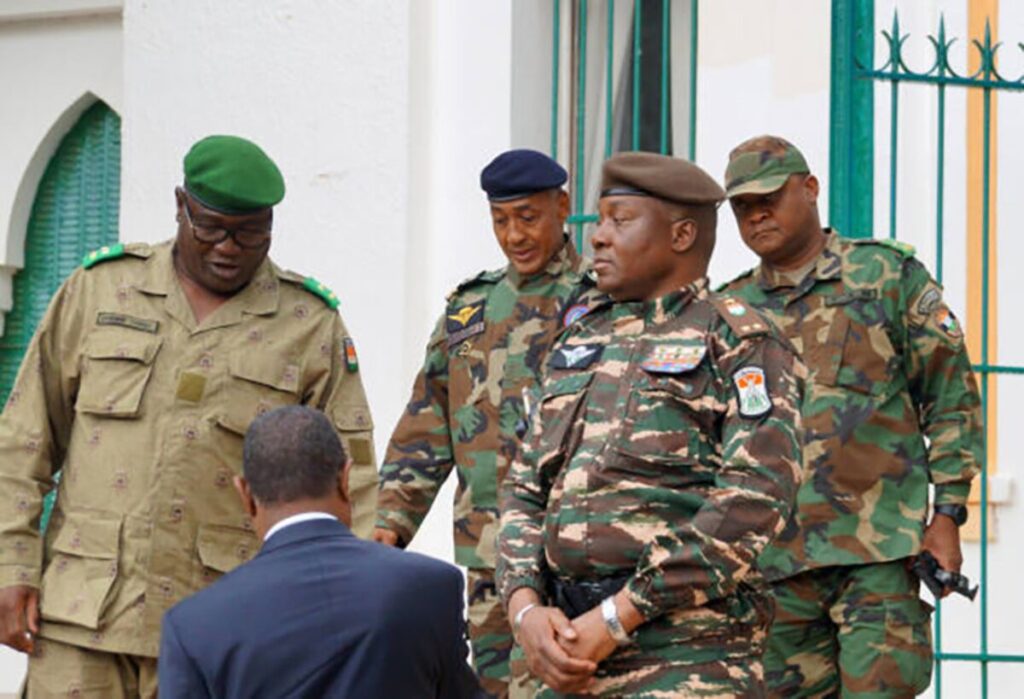Niger’s controversial citizenship revocation policy sparks national and international debate

Since August 2024, a decree signed by General Abdourahamane Tiani, leader of Niger’s ruling military junta, has granted the state authority to revoke citizenship from citizens found guilty of specific crimes.
The decree has provoked a wide array of responses, with critics decrying it as a tool of intimidation wielded by an unelected regime.
The move has been swiftly enacted against individuals accused of terrorism, conspiracy, and treason, particularly targeting ministers from the previous administration of deposed President Mohamed Bazoum.
Among those facing potential citizenship revocation are Interior Minister Alkache Alhada, Foreign Affairs Minister Hassoumi Messaoudou, and Security Minister Rhissa Ag Boula, all of whom have been accused of crimes against the state.
The decree has also been extended to high-ranking military officials, including Brigadier General Abou Tarka Mohamadou and Colonel Souleymane Harouna Gazobi, as well as leaders of rebel movements such as Mahmoud Salah of the Patriotic Liberation Front and Mohamed Touré Wehal of the National Front for Justice.
Prominent activists like Bagaoui Hamed Abdou and Safiya Amoumine, the latter being the sole female among the accused, have also been targeted.
Critics argue that the policy risks destabilizing the already fragile social fabric of Niger and the wider Sahel region.
“In a country plagued by extremist groups and separatist movements, depriving citizens of their nationality could push them toward illegal groups and exacerbate insecurity,” warns Omar Moctar Alansary, a founding member of the Party for Democratic and Republican Renewal in Niger.
He highlights the risk of alienating key figures within communities and political factions, undermining social cohesion.
Internationally, the policy has raised concerns about its potential ripple effects.
Some fear that if such measures become normalized, states could use citizenship revocation as a convenient means to silence dissent, ultimately threatening global stability.
“Revoking citizenship without fair trials or due process can turn individuals into stateless people, creating more insecurity,” Alansary asserts.
The junta’s decision has been interpreted by some as an attempt to consolidate power and silence opposition, with rumors suggesting it may serve as a prelude to targeting Bazoum himself.
Others see the policy as retribution for perceived past injustices under the deposed president’s administration.
In conclusion, critics caution that citizenship revocation is not an effective political tool and risks exacerbating existing tensions.
“Punishing criminals is essential,” Alansary states, “but stripping away national belonging is a dangerous path that could further fracture an already divided society.”
About The Author
dailymailafric
I am an avid African news observer, and an active member of Daily Mail Africa.
I’m Passionate about staying informed on diverse topics across the continent,
I actively contribute to publishing on political, economic and cultural developments in Africa.



